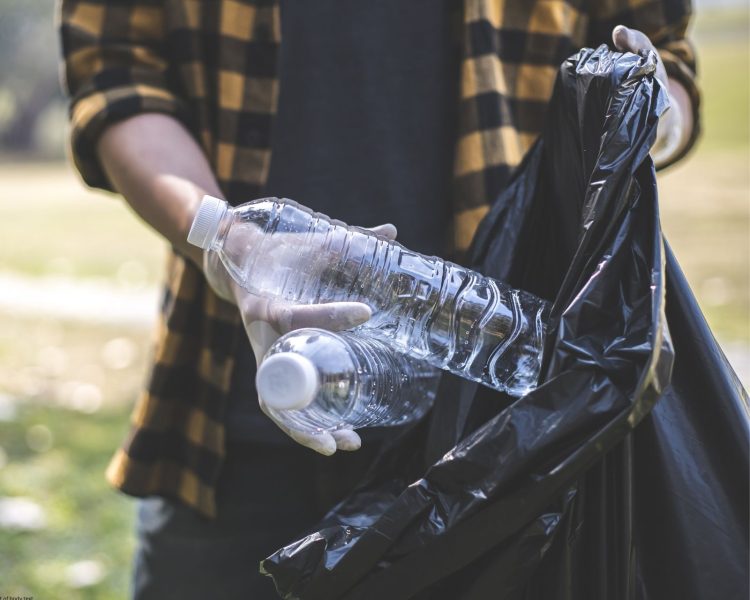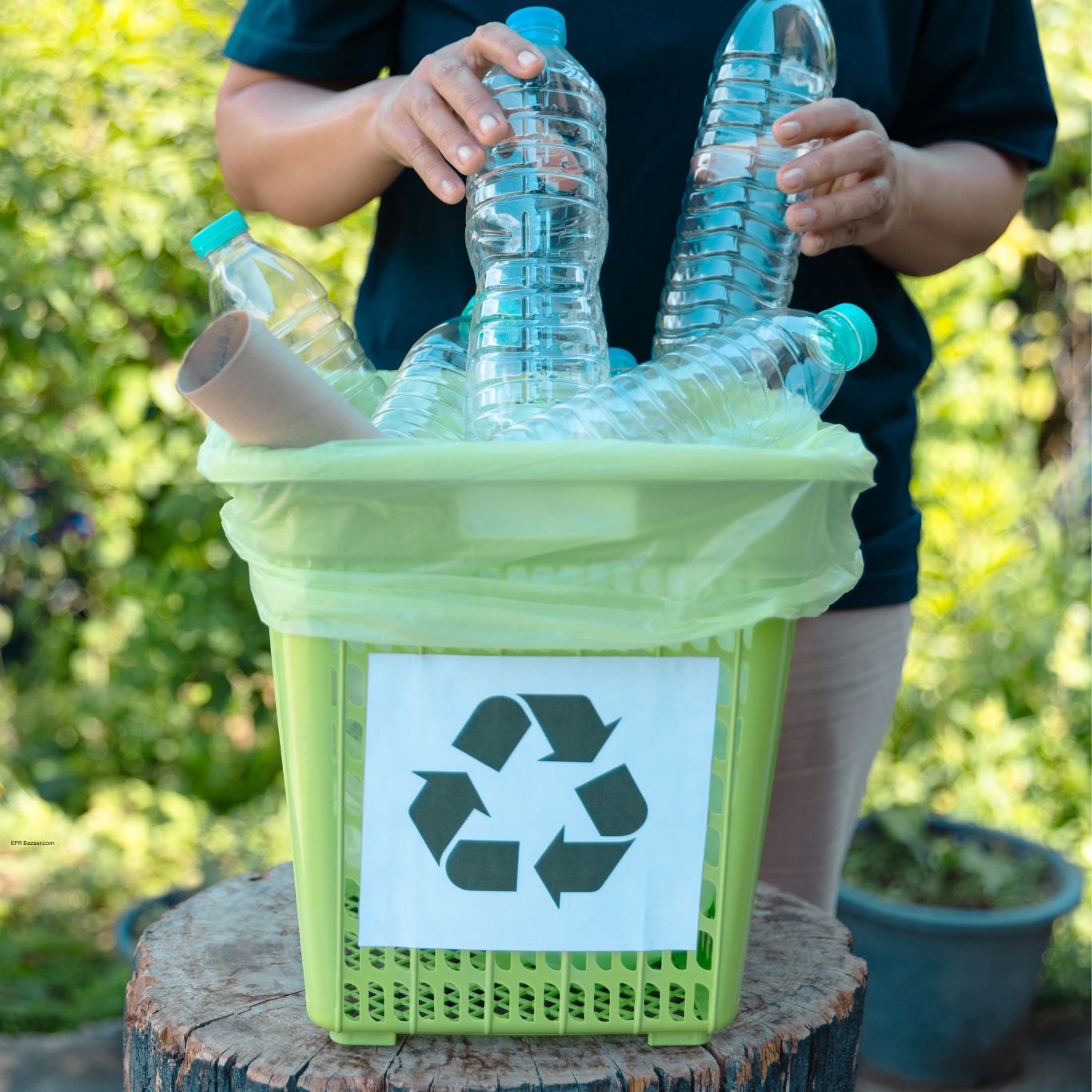At EPR Bazaar, we simplify the entire EPR registration process and help you stay fully compliant with all CPCB guidelines and PWM rules.
♻️ Extended Producer Responsibility (EPR) for Plastic Packaging Waste
Extended Producer Responsibility (EPR) for plastic waste is a mandatory obligation under Plastic Waste Management Rules, 2016, requiring producers, importers, and brand owners (PIBOs) to ensure environmentally sound collection, recycling, and end-of-life disposal of plastic packaging. At EPR Bazaar, we help businesses across India achieve 100% EPR compliance through expert consultancy, documentation, and end-to-end EPR solutions.
Documentation & Registration
We handle your CPCB EPR registration, ensure documentation accuracy, and manage all legal compliance.
Collection & Channelization
Pan-India collection network for efficient and traceable movement of e-waste from source to recycler.
Recycling & Reporting
E-waste is sent to authorized recyclers and detailed compliance reports are submitted as per CPCB norms.
Enhance Your Compliance
End to End Process

Who Needs EPR Authorization for Plastic Waste?
♻️ Why Choose EPR Bazaar?
At EPR Bazaar, we offer hassle-free EPR registration and compliance services across India.
Expert team with 5+ years of experience
Tie-ups with certified recyclers & PWPs
Real-time updates & transparent process
Affordable pricing with no hidden charges
100% compliance support & documentation
We’ve helped hundreds of businesses from SMEs to MNCs achieve seamless EPR compliance — let us do the same for you.

FAQ's
❓ Frequently Asked Questions (FAQs)
Q1. Is EPR registration mandatory for all plastic packaging users?
Yes, any entity involved in producing, importing, or selling products with plastic packaging — including rigid, flexible, multilayered, or compostable — must register for EPR and meet annual plastic waste management targets.
Q2. How long does it take to get EPR authorization?
The EPR registration process usually takes 25–30 working days after submitting all required documents. Timely submission and accurate documentation can help avoid delays.
Q3. What happens if a company does not comply with EPR guidelines?
Non-compliance with EPR regulations can result in penalties, legal action, and revocation of business licenses. It’s essential to stay compliant to avoid regulatory issues and maintain your business reputation.
EPR for Plastic
Submit your details and let our experts take care of everything — from documentation to registration and annual compliance.

